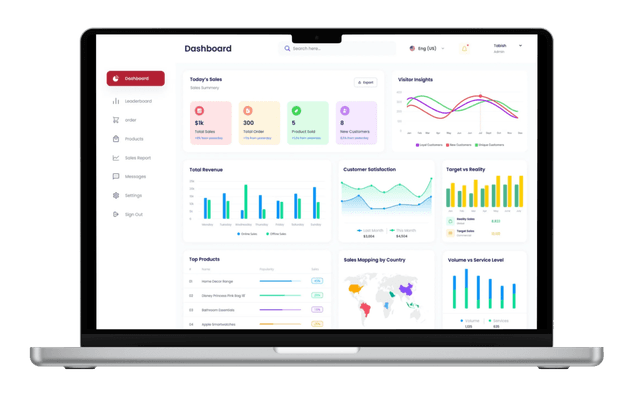Case Study
Transforming Workflow Automation For A Global Tech Firm
Client Case Study
A multinational technology company with over 5,000 employees and operations in 15 countries faced significant challenges with disjointed workflow automation across dozens of teams, impacting operational costs and employee burnout.

The Challenge
- •Repetitive Manual Tasks: Employees spent an average of 12 hours per week on manual, data entry and reporting.
- •Disconnected Systems: Lack of integration between tools like CRM, HR/payroll, project management software (Asana), and custom data silos.
- •Low Resource Utilization: Resources were poorly allocated due to limited visibility into workloads, resulting in overutilization in some teams and underutilization in others.
Our Solution
Phase 1: Discovery and Analysis
- •
Conducted a 3-week deep-dive audit of the company's workflows, interviewing team leaders, analyzing process bottlenecks, and mapping inefficiencies using Process Process Mapping.
- •
Identified key areas for automation, including invoice processing, project tracking, resource allocation, and report generation.
Phase 2: Strategic Automation
- •
Deployed UiPath to automate repetitive tasks like data entry, report generation, and payroll reconciliation.
- •
Implemented Zapier APIs to connect CRM, Asana, and HR/ERP, enabling seamless data flow between tools.
- •
Built real-time monitoring dashboards in Power BI, allowing managers to track workloads and resource utilization.
Phase 3: Implementation and Training
- •
Rolled out automation solutions to 140+ employees, scaling them to adapt to department variations.
- •
Provided a dedicated support team for 3 months post-implementation to troubleshoot, optimize, and refine automation workflows.
The Results
40%
Efficiency Gains
Reduced Manual Task Completion Time By 40%, Saving 10,000+ Hours Annually Across Teams
$750,000
Cost Savings
Saved $750,000 Annually By Eliminating Inefficiencies And Redistributing Resources Effectively
25%
Resource Optimization
Improved Resource Utilization Rates By 25%, Enabling More Balanced Workloads Across Departments
30%
Efficiency Gains
Reduced Burnout Indicators by 30%, As Teams Moved From Repetitive Tasks To Higher-Value Work
